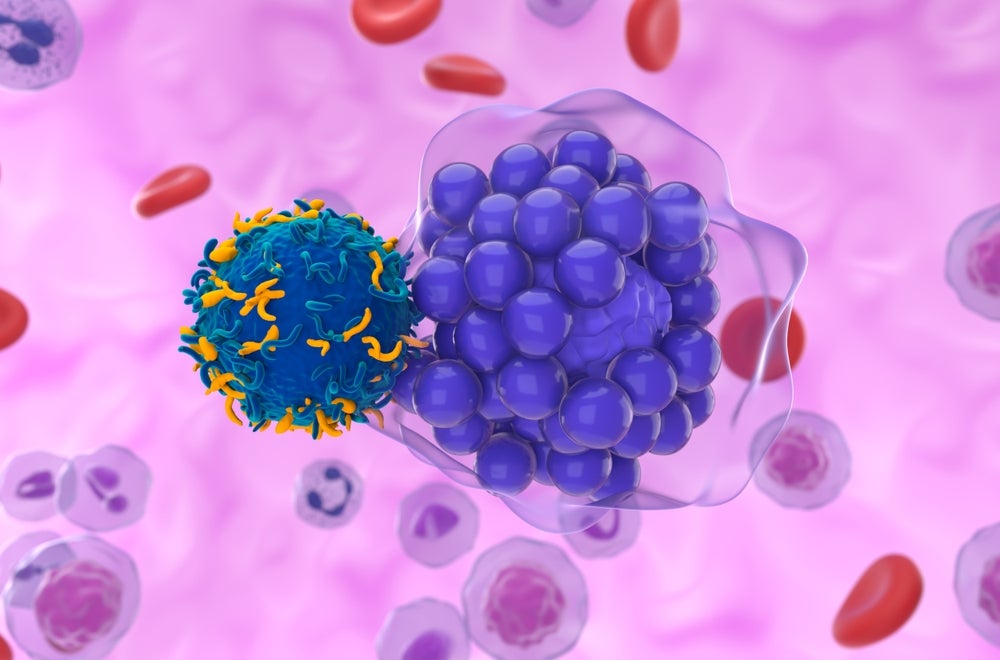Cases of alpha-gal syndrome caused by tick bites on the rise, CDC reports
For many Americans, the warmer spring and summer months bring backyard barbecues and scenic hikes — along with a chorus of cicadas, mosquitoes galore, and hypervigilant self-checks for ticks. Often,…

For many Americans, the warmer spring and summer months bring backyard barbecues and scenic hikes — along with a chorus of cicadas, mosquitoes galore, and hypervigilant self-checks for ticks. Often, insect bites only cause mild discomfort but new reports from the Centers for Disease Control and Prevention warn that a food allergy caused by ticks is on the rise in the U.S. — and a lot of health care providers still don’t even know it exists.
The allergy in question is alpha-gal syndrome (AGS), and those who have it are allergic to the sugar galactose-alpha-1,3-galactose, or alpha-gal for short. Alpha-gal is found in many mammalian food products — like beef, pork, and dairy — but also in the saliva of some ticks. In response to a bite from such a tick, a person’s immune system might produce a specific antibody to recognize alpha-gal called IgE. Long after inflammation from the tick bite subsides however, IgE still floats around, ready to alert the immune system to future alpha-gal intruders, including any alpha-gal from food we eat. Unfortunately, there are no cures or treatments for the condition, and allergies often last for years.
What's Your Reaction?

































